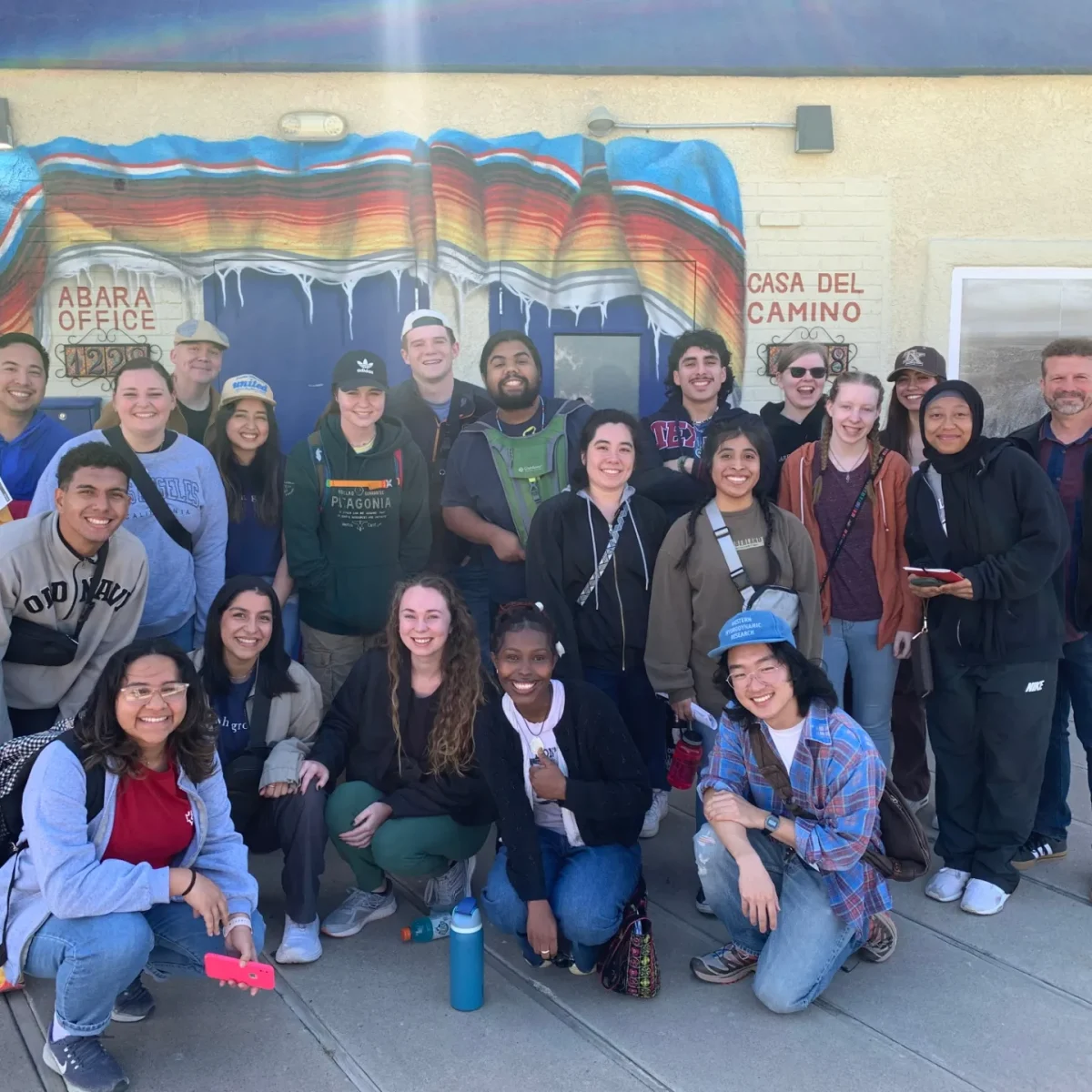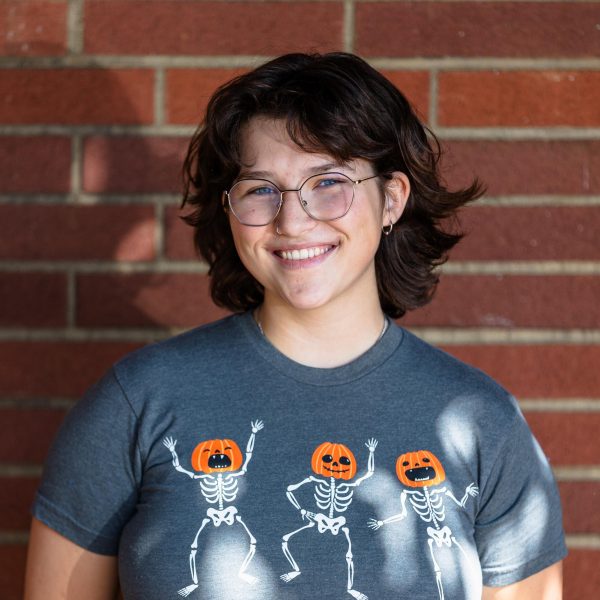
Seattle Pacific University’s John Perkins Center flew students and staff to El Paso, Texas on March 15, the day dorms closed for spring break. The group attended informational sessions, ate homemade food and crossed the border from the United States to Mexico and back again.
During their three-day border encounter, students from SPU joined with Arkansas’ John Brown University. They were housed and educated by Abara — an El Paso-based organization that “inspires connections beyond borders” according to their mission statement.
After hearing Abara’s presentation at the National Christian Community Development Association Conference two years ago, JPC was “captivated.”
“We thought it’d be a really good thing for our university,” said Michael Chew, manager of programming in the JPC. “It’s one thing to hear about injustices and bigger things, but it’s a different thing to be there, on the ground, and to see the lived realities. That was definitely a meaningful part of this.”
Morning and afternoon informational sessions during the week included crash courses on border policies and immigration law. Second-year Erin Hallquist — honors, linguistics and sociology triple major — thoroughly enjoyed the session on dignified storytelling and ethical volunteerism.
“[Abara] really humanized the border experience,” Hallquist said. “We just learned as much as we could and packed our brains full.”
Other sessions included “Theology of Migration” and “ICE 101.” Between activities, Abara provided the group with homemade lunches sourced from local migrant families.
“[Abara was] really mindful about who they catered lunch from, so that was awesome to have different migrants bring in pretty authentic food and share that part of their culture with us,” Chew said.
Before lunch on Tuesday, March 19, Abara led participants across the border wall to Juarez, Mexico. On crossing from the U.S. to Mexico, Hallquist remembers feeling underwhelmed at security.
“We drove up to this border crossing port, then we moved on,” Hallquist said. “We didn’t have to show our documents, and I remember saying out loud, ‘That was it?’”
The group stopped for lunch at Mile Marker One, the most impactful part of the experience for second-year physiology and honors major Christina Valdez.
“Being so close to the border was a very emotional experience, to be just feet away from the U.S. but still impossibly far away,” Valdez said.
After visiting shelters and government offices in Juarez, the group traveled back to El Paso. They paid to access a bridge, provided documentation near the middle, and were questioned by border patrol agents once they crossed.
“Crossing back was not that difficult, but I think it felt a little bit scarier,” Chew said.
For Hallquist, the lengthy questioning brought a lot of anxiety and perspective.
“It was so nerve-wracking getting back home that it didn’t really feel like going home. I knew I was fine, I had my passport, I’m an American citizen, but the amount of anxiety that I had just trying to cross back into my own country of origin when it took almost nothing to get it to get out of it?” Hallquist asked. “That hypocrisy is making me so angry.”
The U.S. Immigration and Customs Enforcement, or ICE, “protects America through criminal investigations and enforcing immigration laws to preserve national security and public safety.” Undocumented immigrants and those overstaying the bounds of their visa or refugee status commit civil and criminal offenses and often face deportation from ICE.
Students participating in the border encounter heard from ICE officials themselves.
“They came in bright and early on Wednesday morning,” Hallquist said. “Not everyone there had a super amazing, open view of ICE agents before that, but we all recognize that they’re doing a job and that they are people, so we should give at least a little bit of wiggle room and leeway.”
Those hoping to enter the United States follow various paths: entering on a valid visa, requesting asylum before or at the border or entering undocumented.
Requesting asylum involves applying to the United Nations for U.S. refugee status. “Credible fear” is then evaluated, along with the United States’ quota of refugees to take in — if credible fear is established and the U.S. has open spots, they are on their way.
“If you’re a refugee, you are fleeing your home because of some well-founded fear. You’re trying to prove that you are discriminated against,” Hallquist said, drawing on the program’s informational sessions. “Asylum seekers are people who walk up to the U.S. border and say, ‘I’m seeking asylum, I’m seeking help, I’m seeking shelter.’”
Asylum seekers are evaluated on a similar basis, taking into account credible fear and the U.S. quota.
“And then there’s undocumented people,” Hallquist said. “They are individuals who’ve either been waiting a super long time to get asylum, or they were denied refugee status, or they just didn’t do any of that and need to get over.”
For those interested in border realities and justice, Hallquist recommends sociology courses at SPU and further participation with the John Perkins Center, which partners with a Tukwila church called Riverton Park to bring the experience and empathy home.
“For the last year they’ve operated as a migrant shelter […] built up to this 200 or 300-person encampment — a lot of Congolese, Venezuelan and Angolan folks,” Chew said.
For Valdez, experiencing issues face-to-face is both uncomfortable and incredibly valuable. She is thankful for this trip, and looks forward to more.
“It’s uncomfortable to be so proximate to human suffering, especially suffering that is heavily impacted by our own country’s government. The U.S.’ ever-changing immigration policies drastically affect the people living at the border or attempting to come in,” Valdez said. “But we need discomfort to learn.”
For more information, contact the John Perkins Center at [email protected].

















































































